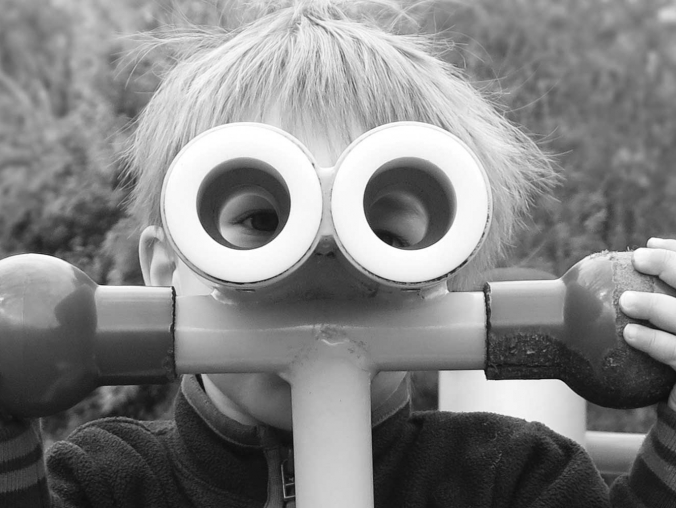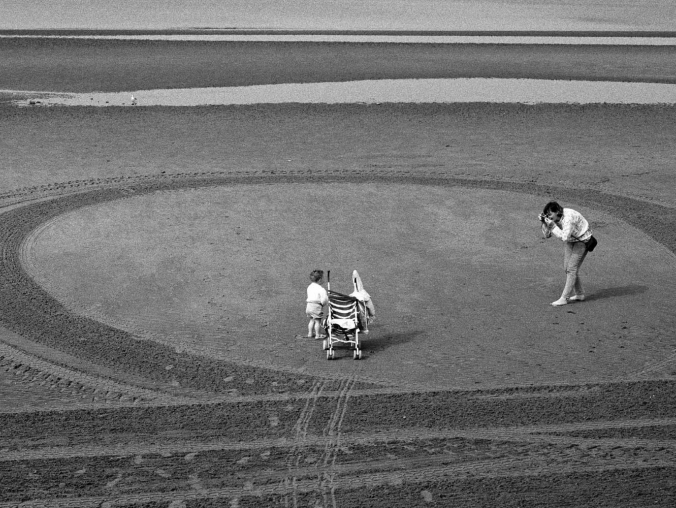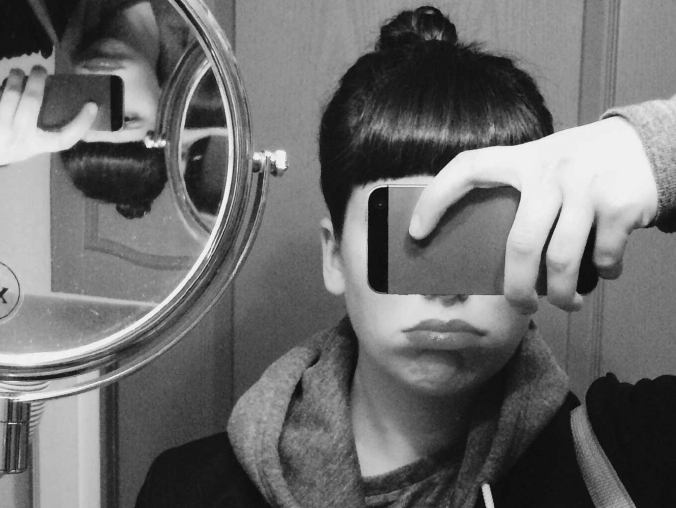
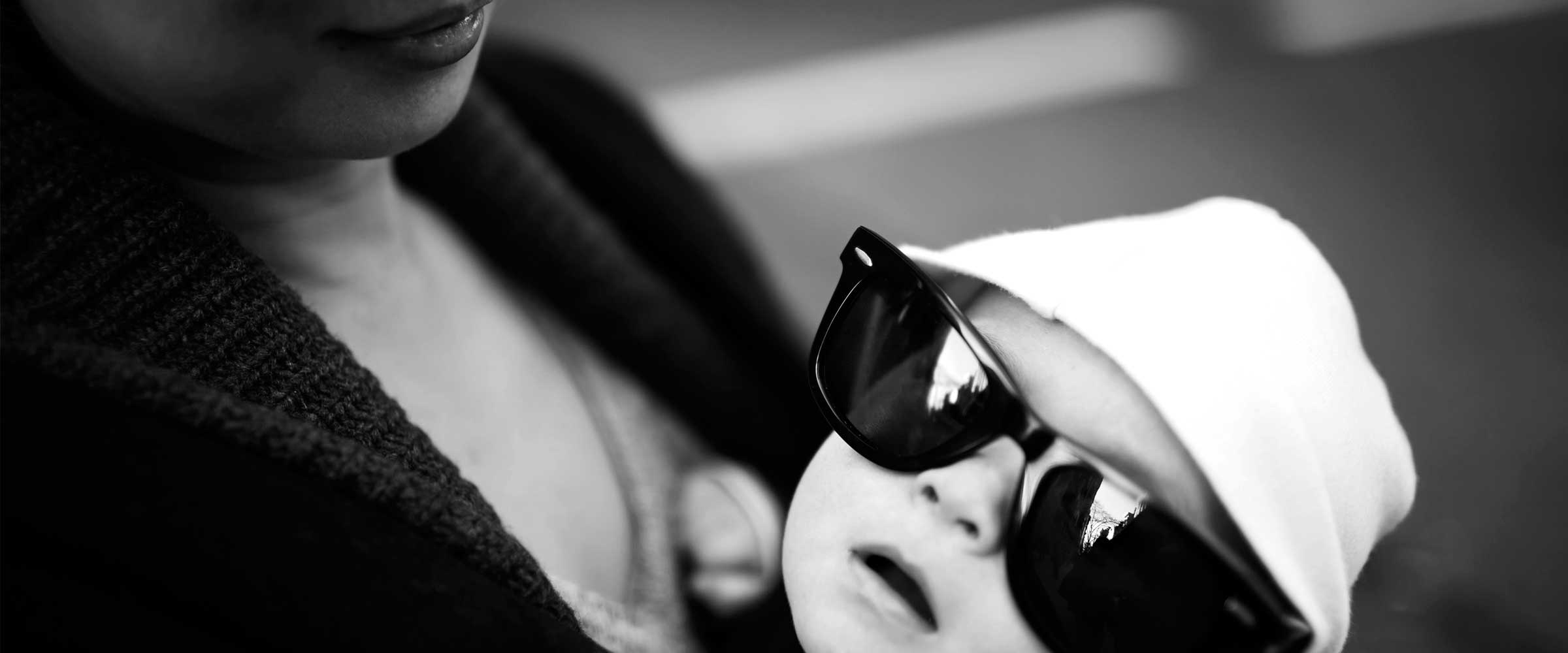
Are you missing out on help with your pension?
Working families are losing millions each year by not realising the connection between claiming child benefit and protecting their state pension record
When the state pension system was first created after the Second World War, it was based on the assumption that people in work paid National Insurance Contributions on their wages and, in return, they received a pension in retirement to replace those wages.
For those who weren’t in paid work, perhaps because they were at home bringing up children, no National Insurance Contributions were made, which meant they could reach pension age with a rather poor contribution record and limited pension entitlement. To deal with this, married women were able to claim a part pension based on their husband’s contributions.
By the late 1970s, this system was seen as old-fashioned. It didn’t seem fair that people who were doing the important work of raising children were being penalised when it came to their future state pension. As a result, a system of ‘Home Responsibilities Protection’ was introduced, meaning that women (and some men) who were at home with children were treated slightly more favourably when their eventual state pension came to be worked out. This system evolved over time and, by 2010, a year at home with a child under 12 added just as much to your basic state pension as a year in paid work.
Most people would see these changes as a big step forward in valuing unpaid work. But, in January 2013, something happened that risks setting the clock back. The Government introduced something called a ‘High Income Child Benefit Tax Charge’.
Under this scheme, if one member of a couple receiving child benefit is earning £50,000 per year or more, a tax charge is incurred. The tax charge increases on a sliding scale until earnings pass the £60,000 mark – at which point the tax charge wipes out the whole value of the child benefit.
Don’t miss out on pension protection
As shown in Royal London’s The mothers missing out on millions policy paper, growing numbers of higher income couples have responded by simply not bothering to claim their child benefit – after all, they reason, what is the point of receiving child benefit with the one hand, and then paying back an equal amount in tax with the other?
But there’s a problem. One of the benefits of receiving child benefit is that you receive ‘credits’ towards your state pension. While there may be no point claiming your child benefit because you may also build up the same amount in tax bills, there is every point in claiming to get credits towards your state pension. And the Government even allows you to tick a box when you apply to say that you want your National Insurance credits, but don’t actually want the child benefit payment only to see it taxed back.
Worryingly, large numbers of new mothers are now not claiming child benefit, and the numbers grow every year. If things continue as they are, we could find ourselves in a situation where a lot of women reach pension age with patchy pension records, just as they did in the post-war years. It’s important that everyone claims the child benefit that they are entitled to and makes sure that they don’t miss out on this valuable protection for their future state pension.
More for you
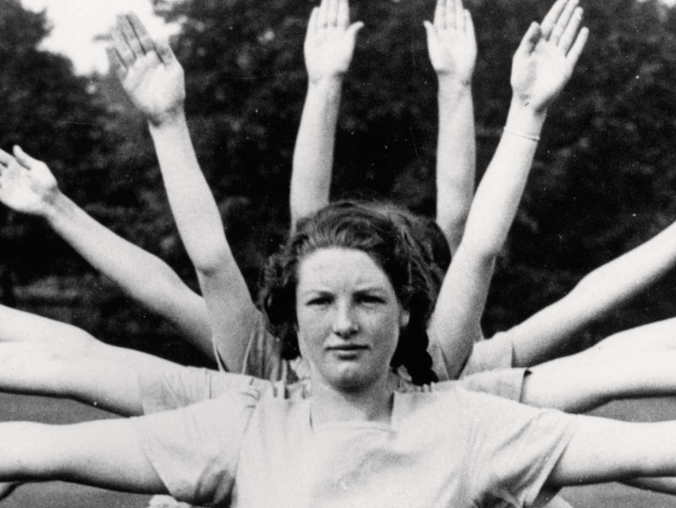
Don’t miss out on extra pension money
Taking full advantage of auto-enrolment, and knowing the maximum contributions offered by your employer, can help you to access extra money for your pension
MORE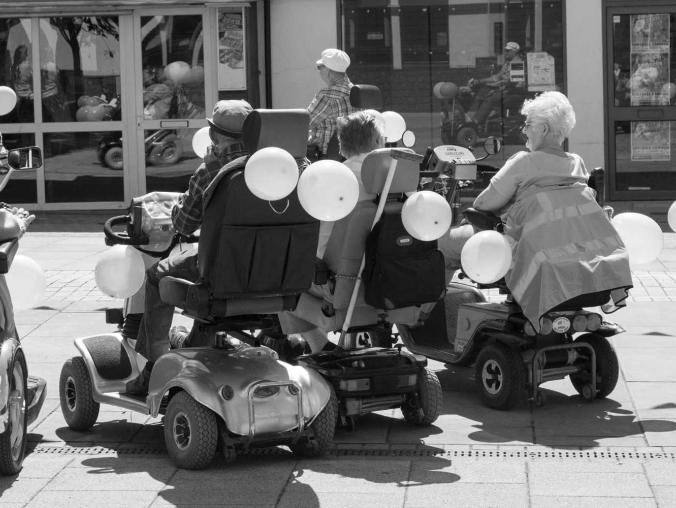
Get more involved in your local community
There are lots of easy ways to support your community, from volunteering with a charity to helping out in a local school, or visiting an elderly neighbour
MORE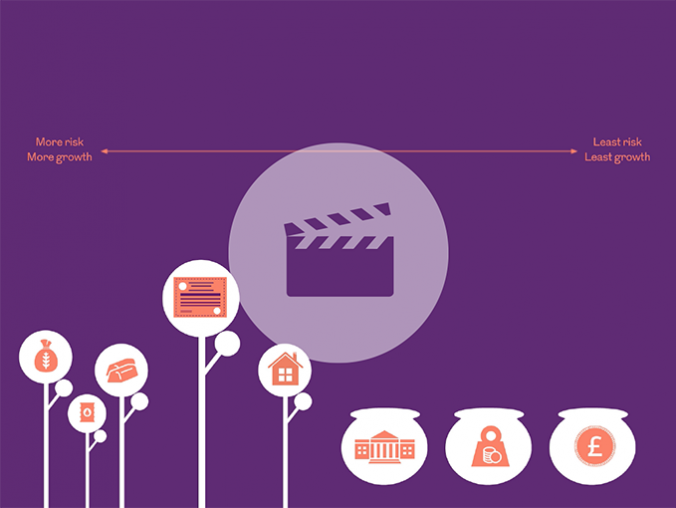
Getting the right mix for your pension
Lorna Blyth, Investment Strategy Manager at Royal London, and Trevor Greetham, Head of Multi Asset Investments at Royal London, tell you why a mix of investments is important to help grow your pot and reduce risk
MORE
